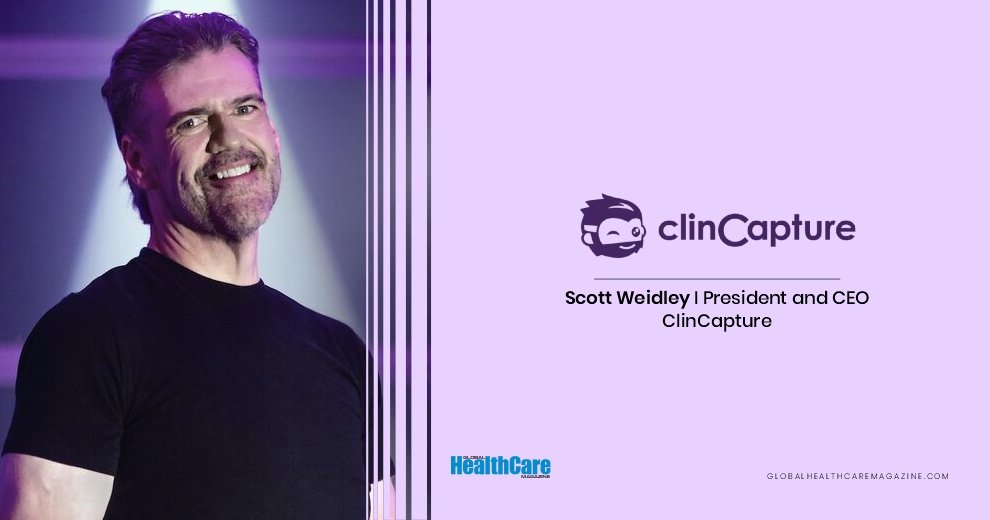Can a simple injection be the key to shedding those stubborn pounds? Weight-loss drugs like Wegovy and Ozempic have taken the U.S. by storm, promising significant results. Originally developed to treat type 2 diabetes, these medications have found a new audience seeking weight loss solutions.
A recent Gallup poll revealed that 6% of U.S. adults have used injectable diabetes medications like Ozempic. Of those, about 3% use them specifically for weight loss.
A critical question arises with the soaring of their popularity. Are these drugs a revolutionary solution for obesity, or do they come with hidden risks?
The Science Behind Ozempic and Wegovy
Both medications belong to a class known as GLP-1 receptor agonists. According to NIH data, they work by mimicking the action of the glucagon-like peptide-1 (GLP-1) hormone. Such a hormone plays a crucial role in regulating blood sugar levels and appetite.
These drugs reduce appetite and increase feelings of fullness by activating GLP-1 receptors in the brain. Eventually, the entire mechanism in the body leads to decreased food intake and potential weight loss.
Non-diabetic individuals tend to experience slightly greater weight loss, likely due to metabolic differences. Nonetheless, both groups demonstrated significant weight reductions, indicating these medications’ potential for weight management.
The Surging Demand and Its Consequences
The popularity of Ozempic and Wegovy has skyrocketed, leading to a surge in prescriptions. This increased demand has led to supply shortages, making it harder for patients to access these medications. According to a 2023 report, this issue is challenging for diabetes patients who rely on them for a check on blood sugar.
Geo News further highlighted that the influence of celebrities and social media personalities endorsing these drugs has fueled their demand. Such endorsements have contributed to the perception of these medications as quick fixes for weight loss.
Is Caution Needed with Ozempic and Wegovy?
These weight loss drugs may seem like a miracle. However, they come with risks. Patients often don’t realize that improper use can lead to serious health problems. Medical professionals stress the importance of using these drugs under proper guidance. Without oversight, some people may misuse them, leading to malnutrition or eating disorders.
Nurses play a vital role in patient education. They ensure individuals understand proper medication use, dosing, potential side effects, and warning signs that require medical attention. As healthcare becomes more complex, the need for well-trained nurses with strong patient education skills continues to grow.
For those looking to enter the nursing profession with a bachelor’s degree in another field, an accelerated BSN online program offers a fast-track pathway. This program not only provides foundational nursing education but also emphasizes leadership, ethical practice, and hands-on experience.
Through supervised clinical placements, students gain practical skills in patient education, including teaching proper medication use and guiding patients in managing chronic conditions.
According to Elmhurst University, the growing complexity of medication regimens in modern healthcare demands nurses who can effectively monitor patient responses. This becomes important with weight management medications, where proper oversight can mean the difference between successful treatment and harmful outcomes.
The Not-So-Hidden Dangers of Ozempic and Wegovy
While Ozempic and Wegovy have gained attention for aiding weight loss, they come with side effects. Common issues include nausea, vomiting, diarrhea, and fatigue. More severe concerns have emerged, such as an increased risk of pancreatitis—a serious inflammation of the pancreas.
The New York Post also reported on rare cases of vision problems. Some individuals experienced significant vision loss after using these drugs, leading to legal action against manufacturers. Emerging studies on long-term effects are ongoing. While these medications offer benefits like weight loss and improved health markers, weighing these against the potential risks is essential.
The Ethical Dilemma of Weight Loss Drugs
Using Ozempic and Wegovy for weight loss in non-diabetic patients raises ethical questions. A 2024 essay in the Journal of Medical Ethics explores Semaglutide’s original approval for managing type 2 diabetes. It highlights how its off-label use for weight loss has surged in recent years. This trend prompts debates about the appropriateness of prescribing these drugs beyond their initial purpose.
Access disparities are another concern, highlights The Times. Wealthier individuals may obtain these medications more easily, sometimes through private clinics or even black markets. Investigations have uncovered cases where minors obtained weight-loss injections without proper checks, highlighting regulatory gaps.
Meanwhile, diabetic patients who rely on these drugs for blood sugar control face shortages, exacerbated by their popularity for weight loss. Ethical concerns also extend to patient safety and proper medical oversight.
Pharmaceutical companies play a significant role in this dynamic, notes Columbia University. Aggressive marketing strategies have expanded the drugs’ appeal beyond diabetic populations, raising ethical concerns about promoting medications for off-label uses.
What Lies in the Future for Weight Loss Treatments?
The success of Ozempic and Wegovy has sparked a surge in weight loss drug development. Pharmaceutical companies are racing to create even more powerful appetite-suppressing medications, reports CNBC.
Clinical studies show that certain medications effectively promote weight loss. For example, Reuters reports on a trial of Novo Nordisk’s CagriSema, which combines semaglutide (found in Wegovy and Ozempic) with another agent. It resulted in a 15.7% weight reduction in type 2 diabetes patients over 68 weeks.
But will this shift make traditional lifestyle changes in diet and exercise obsolete?
Some experts worry that long-term reliance on these drugs could overshadow sustainable health solutions. As newer medications hit the market, the question remains the same. Are we moving toward a future of effortless weight loss, or are we becoming dependent on a pharmaceutical fix?
FAQs
How do weight-loss injections impact different demographics, including age groups and genders?
Clinical trials primarily focus on adults, but emerging studies suggest that younger individuals and postmenopausal women may experience varied effects. For instance, hormonal fluctuations in women could alter the drug’s effect on their appetite. However, older adults may be more prone to muscle loss due to rapid weight reduction.
How do different lifestyles, such as active versus sedentary, affect the drug’s effectiveness?
While weight-loss injections reduce appetite regardless of lifestyle, physically active individuals may experience more sustainable benefits. Muscle preservation, metabolic stability, and long-term weight maintenance are significantly influenced by exercise and dietary habits. In contrast, those with a sedentary lifestyle may see weight regain upon discontinuation of the drug.
What advancements in weight-loss treatments are currently being explored?
Pharmaceutical companies are developing next-generation drugs that combine multiple metabolic pathways to enhance weight loss. Dual-hormone treatments and gut microbiome-based therapies are in early trial phases. Additionally, advancements in gene therapy and precision medicine may lead to personalized weight-loss solutions based on individual genetic profiles.
Weight loss drugs promise a shortcut to shedding pounds, but we must carefully weigh their benefits against potential risks. The future of health hinges on striking the right balance between pharmaceutical innovation and responsible medical practice.
A crucial question lingers: Are we witnessing a genuine breakthrough in obesity treatment or merely creating a billion-dollar health gamble? The real challenge isn’t just losing weight. It’s ensuring we don’t lose sight of true well-being in our pursuit of quick results.
Also Read: 15 Motivational Quotes For Weight Loss To Drop Your Extra Baggage



















